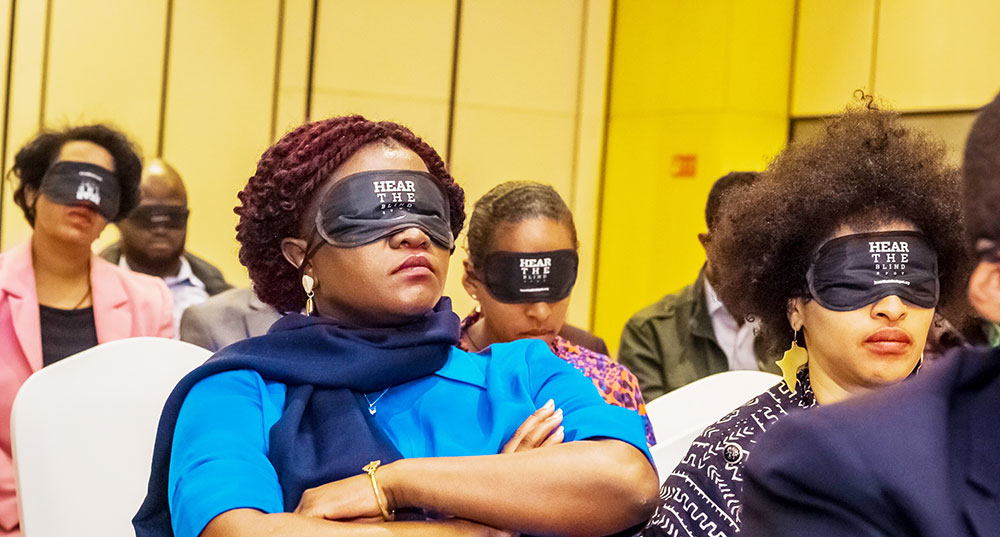
Through four distinct but related focus areas, CIPESA is working on growing the capacity of diverse actors to research on and advocate for meaningful connectivity and digital accessibility; and engaging key actors such telecom companies and regional bodies. Ultimately, we are working to raise awareness of how access, afordability, and technology-related gaps affect the inclusion of marginalised communities in Africa.
One of the pillars of the 2030 Agenda for Sustainable Development Goals (SDGs) is the pledge to leave no one behind! Here is how we at the Collaboration on International ICT Policy for East and Southern Africa (CIPESA) are working towards achieving this goal.
- Raising visibility of digital rights for persons with disabilities
- Improving availability of information on ICT and Disability in Africa
- Growing capacity for digital inclusion advocacy
- Advocacy with telecom companies, regional bodies and governments
Our commitment towards growing an inclusive #InternetFreedomAfrica community is guided by the spirit of “Nothing About Us Without Us”.
- Building stronger partnerships and collaboration Our research, advocacy training, regional and international convenings have and will continue to draw in stakeholders from government, international development groups, DPOs, civil society and academia.
- Research is key, as is creating awareness, advocacy capacity, and linkages. There is limited evidence on the state of play on disability rights as they intersect with tech access and use, and limited advocacy for accessibility. DPOs tend to be detached from networks advocating for improved affordability and accessibility of ICT, and are rarely active players in advocating for digital rights.
- Ramp up efforts to mainstream disability rights issues in conversations about tech access and digital rights including through engagements with regional and international ICT/digital rights events and processes.
- Conduct compliance assessments and capacity development trainings including in conducting assessments and advocacy.
- Engage more with duty bearers. telecom operators, regulators, regional bodies like the AU and ATU.
Consequently this is an area that we are diligently working on to grow the community of researchers in Africa and the basket of tools and approaches that they can use to better understand the digital rights and internet governance landscape in Africa.
